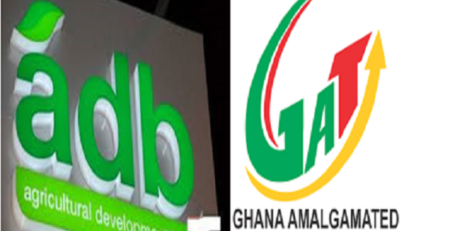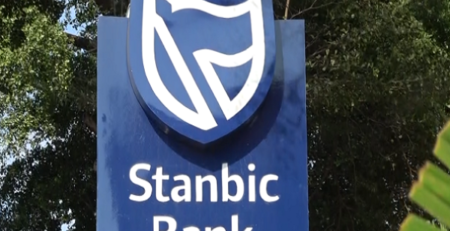IFC and SEC partner to develop green bonds market
In its quest to unlock investment for private sector projects that support renewable energy and energy efficiency in the country, IFC and the Securities and Exchange Commission (SEC) have partnered to facilitate investments in projects that address climate and environmental issues through green bonds.
Under the agreement, IFC, a member of the World Bank Group, will help the SEC develop guidelines for issuers and investors for green bonds in Ghana.
In a statement issued by the SEC, Director-General, Rev. Daniel Ogbarmey Tetteh stated that the introduction of green bonds will give investors opportunities to finance green buildings, clean transportation, renewable energy, sustainable water management, and other climate-friendly projects.
“This partnership will enable the SEC to tap into IFC’s deep knowledge and develop a comprehensive reference guide appropriate for the Ghanaian market. Green bonds will support Ghana’s transition to a lower-carbon future as specified in the country’s agreed contributions under the Paris Agreement,” he said.
IFC’s Green Bond Program, launched in 2010, has helped catalyse the market and unlock investment for private sector projects that support renewable energy and energy efficiency. IFC has issued roughly 170 green bonds in 20 currencies amounting to over $10 billion.
Ronke Ogunsulire, IFC’s Country Manager for Ghana, also noted that, “finding new avenues for green financing is a key priority for IFC. Our partnership with the SEC to design the framework for green bonds in Ghana will, in turn, help Ghana achieve its climate goals with projects that create jobs and spur economic growth.”
The development of green bonds guidelines for Ghana is an initiative of IFC’s Green Bond Market Development Program, supported by the Swiss State Secretariat for Economic Affairs (SECO), the Swedish International Development Cooperation Agency (SIDA) and the Luxemburg government.
IFC has played a leading role in developing guidelines for the green bond market globally. In Africa, it has assisted Egypt, Kenya, Morocco, Tunisia, the West African Economic and Monetary Union, and the Economic Community of Central African States.
Source:Citibusinessnews
















Leave a Reply